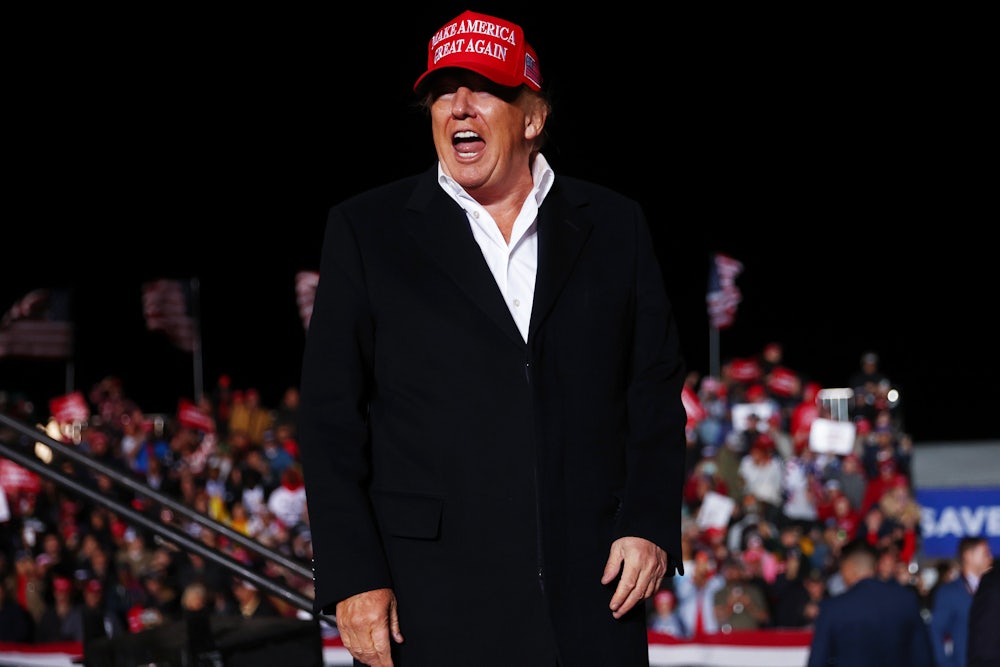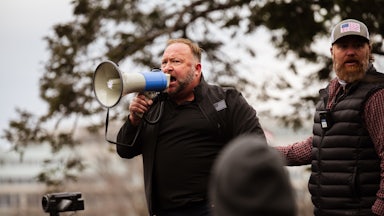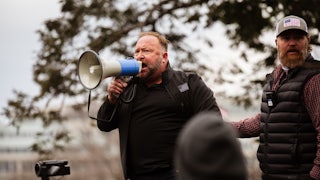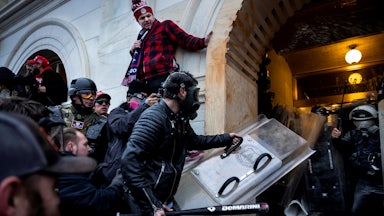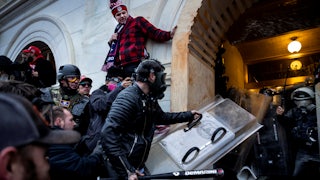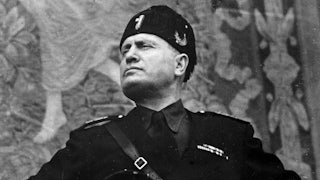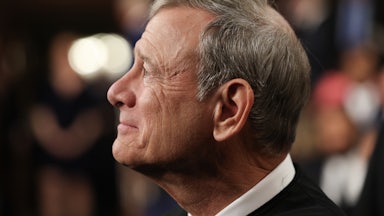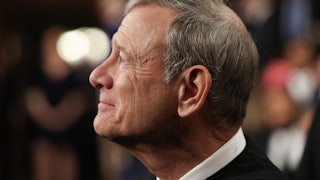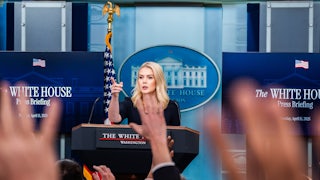In its frenzied rush to uncover as much about Donald Trump’s attempt to overturn the 2020 election as possible, the January 6 committee has already found a wealth of valuable, disturbing information detailing just how close the country came to a coup. It has received “firsthand” testimony from people who were with Donald Trump as rioters stormed the Capitol and texts from Fox News hosts such as Sean Hannity and Trump’s own children imploring the president’s chief of staff to step in and stop the madness. More recently, plans to seize voting machines via executive order have come to light. Last week, the committee received a trove of documents that Trump had spent months trying to block, going all the way to the Supreme Court.
And yet the strangest things about the committee’s efforts to illuminate what the president did that day is that there really isn’t any mystery. Trump has repeatedly and publicly stated that he was the real winner of the 2020 election and that the only reason he is not still in office is the cowardice of others, particularly his vice president, Mike Pence. On Sunday, he released yet another statement to this effect, this time responding to a bipartisan effort to reform the Electoral Count Act. “Actually, what they are saying, is that Mike Pence did have the right to change the outcome, and they now want to take that right away. Unfortunately, he didn’t exercise that power, he could have overturned the Election!”
This statement resulted in a rush of tweets and articles: Here was Trump admitting that he wanted Mike Pence to overturn the election! But we already knew that’s what he wanted—he has been saying so out loud ever since he lost the election. He said so as president, and he has continued to do so since he left office. One of the reasons rioters were at the Capitol to begin with on January 6 was that Donald Trump was involved in a massive, concerted pressure campaign to get Pence to do exactly what Trump believed the law allowed his running mate to do. Sure, the word “overturn” is new here. But Trump has not exactly been hiding what it is he wanted and thought should have happened.
Covering the ex-president has been a strange task for a number of reasons. In the first place, statements like these recent reiterations from Trump are treated as news, when they really aren’t: There’s nothing new going on, Trump has simply glommed on to recent news of Electoral Count Act reform to graft on an old grievance. That the political press treats Trump’s constant repetition of his old “Big Lie” as a novel news event hints at a different problem: The fact that Trump has yet to suffer any consequences for attempting to overturn the election tends to get treated by the media as if it means there’s an open question about Trump’s guilt or an ending to this story in which the ex-president, after months of confessing his original crime and constantly asserting his intention to do more, might somehow be exonerated.
The January 6 committee may eventually be able to chronicle, in granular and damning detail, the full contours of the plot to overturn the election: who did what and when and how. But it’s beside the point: Trump has been very clear that was what he wanted to happen. There are still some questions—for instance, how the Capitol riot itself figured into his plans once it began—but there’s no mystery for democracy’s Hercule Poirot to solve. Donald Trump wanted to overturn the election, and he tried to do it.
There’s a second way, too, that coverage of the ex-president’s well-known schemes have been oddly skewed. Trump’s removal from social media has had the unforeseen effect of obscuring the fact that he appears to spend every waking hour—and there are a lot of waking hours in his life—obsessing over the fact that he really won the 2020 election and that Mike Pence (and others) should have stepped in to steal it for him when he lost.
To say that Trump’s Twitter feed had an outsize effect on the national media between 2015 and 2021 is a grave understatement: It was, for many publications, practically an assigning editor. Its loss has been a plus for journalism as a whole and the concept of news in general—we can focus on other things without Donald Trump interrupting at all hours of the day.
But it has allowed his manic obsession with overturning the 2020 election to recede from view. The bulk of his public statements—often still written as tweets, though many are longer than 280 characters—are nearly all about the 2020 election. He talks about it incessantly at his rallies. If covering Trump less has been a net positive for those who want the news from outside the ex-president’s cranial cavity, it has nevertheless permitted Trump and his continued effort to undermine American democracy to fly a little too under the radar. In an ironic twist, the biggest winner of Trump’s social media ban may have been Trump himself. Whatever he’s raving about at Mar-a-Lago is staying at Mar-a-Lago, hidden from a wide swathe of the population.
All of which sets up the possibility that for a second time in recent years, we won’t take Trump’s plans as seriously as we should. This may change as Trump takes to the campaign trail on behalf of congressional Republicans and—inevitably—whenever his own presidential campaign begins. At a campaign rally last week in Texas, he told his audience, “If I run, and if I win, we will treat those people from January 6 fairly. We will treat them fairly. And if it requires pardons, we will give them pardons. Because they are being treated so unfairly.” This is, more or less, Trump’s 2024 platform: Elect me so we can finish the work of January 6, pardon the rioters, and exact retribution on my enemies. Whether that’s a winning message is another matter—for the moment, it’s what’s being regularly fed to true believers.
